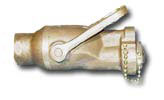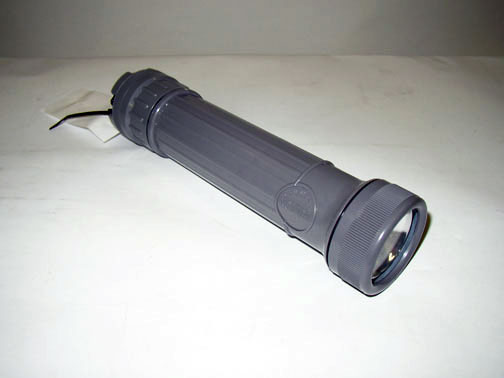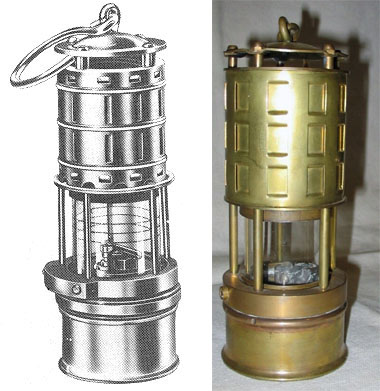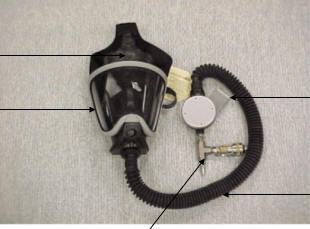 |
 |
 |
 |
| HOME |
| ABOUT US |
| PARTICIPATE |
| COLLECTIONS |
| DC EQUIPMENT MUSEUM |
| SHIP&SUBMARINE MUSEUM |
| WW II DAMAMGE REPORTS |
| SHIPBOARD CASUALTIES |
| DAMAGE CONTROL MUSEUM |
| DC EQUIPMENT Museum |
| Breathing Apparatus |
| Emergency Air Breathing (EAB) System |
| In the late 1980s, a new breathing device system was
developed and authorized for Naval ships, the emergency air
breathing (EAB) system. This system was developed and used as a
protective device to be worn by personnel entering any
unsuitable atmosphere during routine or emergency work, or for
the rescue of personnel. The EAB was not used for firefighting. The EAB system was utilized while Sailors performed various dangerous tasks onboard U.S. Navy ships. It provided personnel protection when there was an insufficient supply of emergency breathing air masks, especially around the collection, holding and transfer (CHT) system. The first authorized use of the EAB assembly was for limited rescue of personnel, work in the CHT system, tanks, voids and other damage control work. It was also used in gas free certification services for tanks, voids and CHT systems work. When it was first placed in service, the EAB’s air supply was furnished from an air manifold or a compressed air bottle that was connected to a 50-foot or longer rubber air hose. This air hose connected to the mask’s air fitting. It had a cotton harness, a safety belt and a 50-foot by 3/8 inch steel tending line. The tending line had a snap latch hook that was attached to the “D” ring on the center of the harness assembly.In 1987, the compressed air bottles were no longer authorized for the EAB system; only the ship’s service air manifolds with filters could be used |
 |
For more information, see the Index. |